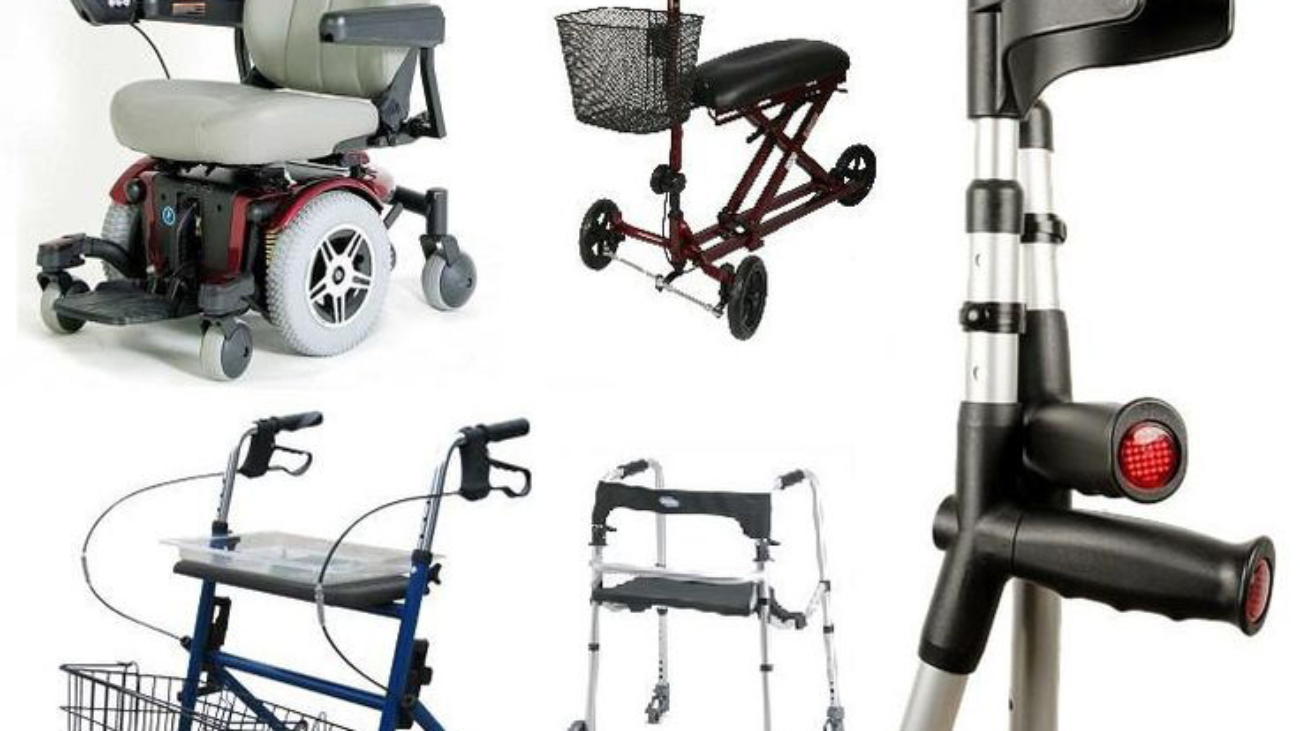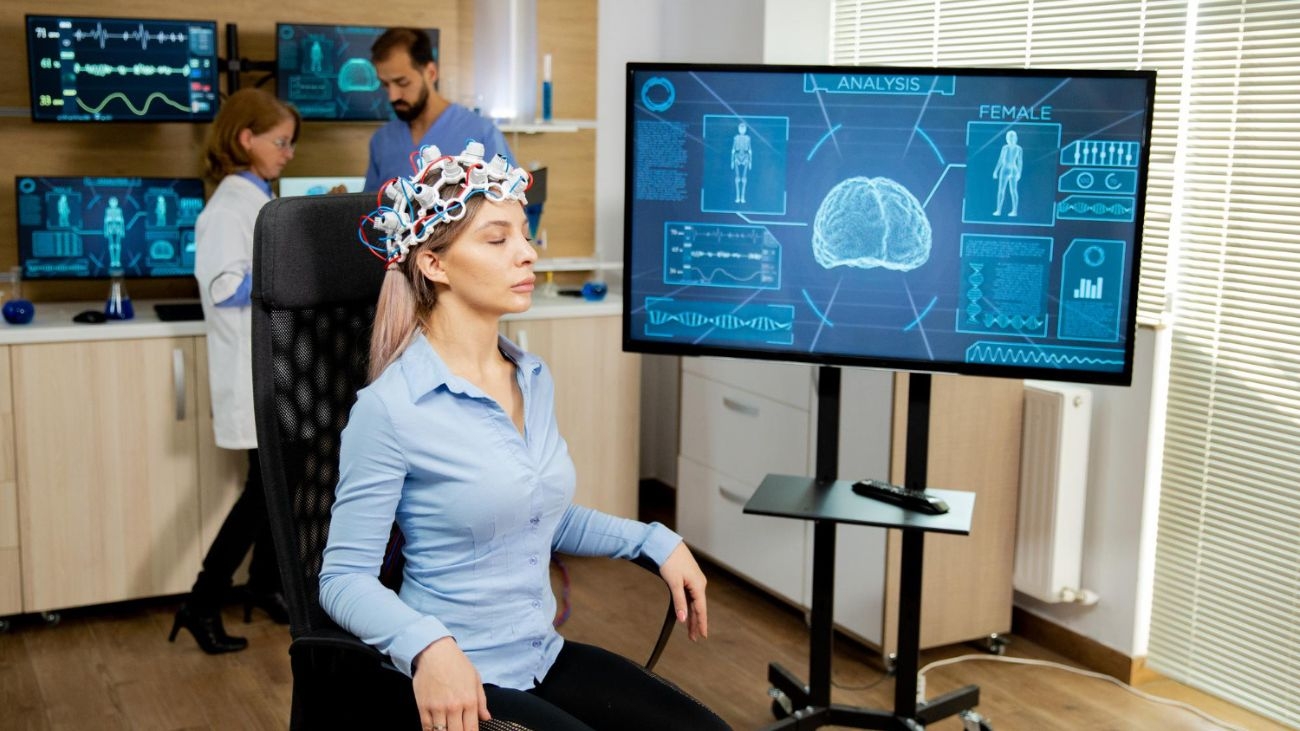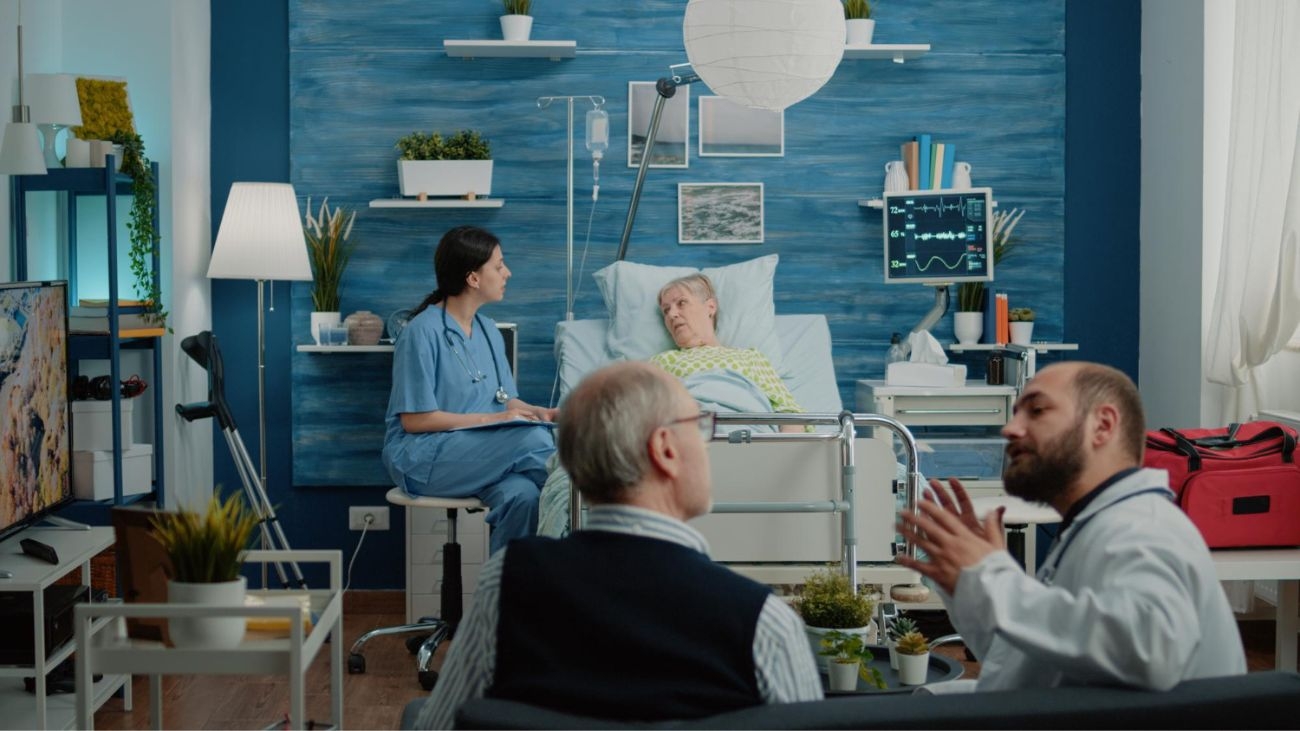Mobility scooters provide independence and convenience for individuals who need assistance moving around. Lightweight and foldable models are handy for easy transport and storage, making travel effortless. Whether exploring a new city, running errands, or visiting friends, a foldable mobility scooter ensures you can move freely and comfortably.
Why Choose a Lightweight & Foldable Mobility Scooter:
A foldable mobility scooter is perfect for those who are always on the go. Unlike traditional scooters, these are compact, lightweight, and easy to transport, making them ideal for both indoor and outdoor use. Whether you need a scooter for travel or everyday mobility, a foldable model is a game-changer.
Key Features of Foldable Mobility Scooter:
Portability:
One of the main advantages of afikim scooters is its portability. These scooters can be easily folded and stored in a car trunk, train compartment, or even an airplane’s cargo hold. Many models are designed for quick and hassle-free folding, allowing users to transport them with ease.
Lightweight Design:
Foldable medical scooter are built using lightweight but durable materials, making them easy to carry and store. Some models weigh as little as 40 lbs, ensuring they remain manageable for most users.
Long Battery Life:
A reliable battery is crucial for a mobility scooter. Most foldable models are equipped with long-lasting lithium-ion batteries, allowing for extended travel on a single charge. Many models offer a travel range of 10-20 miles per charge, depending on usage and terrain.
Comfortable Seating:
Comfort is key when using a mobility scooter for extended periods. Foldable scooters feature padded seats, adjustable armrests, and ergonomic handlebars for a smooth and enjoyable ride.
User-Friendly Controls:
Modern mobility scooters are designed with easy-to-use controls, making navigation simple for users of all ages. Whether adjusting the speed, steering, or braking, these scooters provide effortless handling.
Benefits of Using a Mobility Scooters:
Greater Independence:
A mobility scooter gives users the freedom to move around without relying on others. Whether it’s shopping, traveling, or socializing, a scooter enhances daily life by offering complete independence.
Effortless Travel:
Foldable mobility scooters are designed for people who love to travel. Whether you’re taking a road trip, boarding a flight, or using public transportation, these scooters make commuting easy and stress-free.
Versatile Usage:
A foldable mobility scooter isn’t just for travel—it’s perfect for daily errands, visits to the park, or even moving around at home. Its compact design allows users to navigate through tight spaces effortlessly.
Safety & Stability:
With sturdy wheels, anti-tip mechanisms, and reliable braking systems, foldable scooters ensure safe rides on various terrains. Whether indoors or outdoors, they offer a smooth and secure experience. For more best price of a pediatric walker, visit DME of America.
How to Choose the Right Mobility Scooters:
Selecting the perfect mobility scooter depends on various factors. Here are some essential considerations before making a purchase:
Weight Capacity
Different models support different weight capacities, typically ranging from 250 lbs to 350 lbs. Ensure the scooter you choose can accommodate your weight comfortably.
Battery Life & Charging Time
Battery life varies by model. If you plan on using the scooter for long distances, opt for one with an extended battery range and quick charging capabilities.
Portability & Storage
If you frequently travel, consider a scooter that folds easily and fits in your car trunk or carry-on luggage.
Terrain Compatibility
Some scooters are designed for smooth surfaces, while others can handle rough terrains. Choose a model that suits your lifestyle and environment. Also check oxygen concentrator, best selling product of DME of America.
Conclusion:
Lightweight and foldable mobility scooters provide an excellent solution for individuals seeking independence, convenience, and enhanced mobility. Whether for travel, daily errands, or exploring new places, these scooters offer portability, ease of use, and reliable performance. With a wide variety of models available, users can find the perfect scooter to fit their lifestyle and needs. Investing in a high-quality foldable mobility scooter can significantly improve the quality of life, granting freedom and confidence in every journey. For more interesting blogs, visit Finbiztech.
FAQs:
How much does a lightweight mobility scooter weigh?
Most models weigh between 40-60 lbs, making them easy to lift and transport.
Are foldable mobility scooters airline-approved?
Yes, many models meet airline travel requirements. Always check with the airline before flying.
How long does the battery last?
Battery life varies but typically provides 10-20 miles per charge, depending on usage and terrain.
Can I use a mobility scooter indoors?
Yes, foldable models are designed for both indoor and outdoor use with smooth maneuverability.
What is the weight capacity of these scooters?
Most lightweight scooters support up to 250-350 lbs. Check specifications before purchasing.






